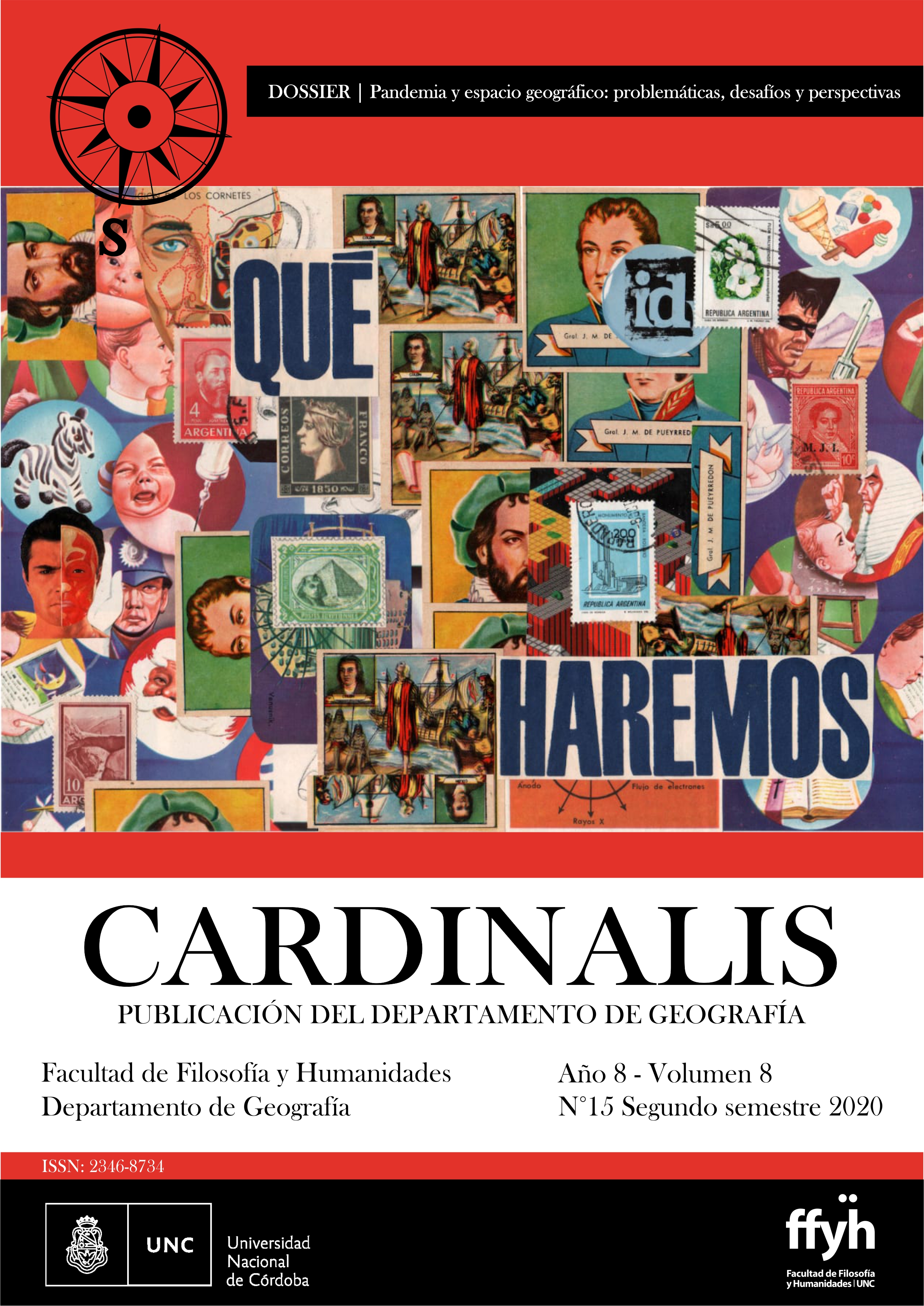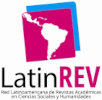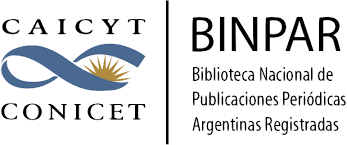Urban conflicts and the Ombudsman´s Office in a middle city of the province of Buenos Aires
Abstract
The article recovers two urban conflicts that occurred in a neighborhood of the city of Tandil (Buenos Aires, Argentina) with the aim of reflecting on the actions of the Ombudsman's Office of the Municipality of Tandil. This state, non-governmental body had a relevant role in the search to guarantee the satisfaction of different rights, paying attention to the particularities that the housing problem adopts at the local level.The reconstruction of conflicts as well as the action strategies deployed by the Ombudsman's Office allow to illuminate that the relevance of this body does not lie exclusively in the resolution of conflicts, but also operates in the legitimization of collective demands and of the actors plaintiffs; in the generation of work tables that allow the articulation of actors and institutions, overflowing the local level; in the implementation of a human rights approach and language to think about conflicts and thus try to unify voices, neutralize diverse positions and objectify demands; and, finally, in the possibility of registering conflicts in the public sphere and in the field of law. In order to address each of the aforementioned aspects, ethnographic situations corresponding to the field work carried out during 2019 as well as various documentary sources are recovered.
Downloads
Downloads
Published
Issue
Section
License

This work is licensed under a Creative Commons Attribution-NonCommercial-ShareAlike 4.0 International License.
Aquellos autores/as que tengan publicaciones con esta revista, aceptan los términos siguientes:- Los autores/as conservarán sus derechos de autor y garantizarán a la revista el derecho de primera publicación de su obra, el cuál estará simultáneamente sujeto a la Licencia de reconocimiento de Creative Commons (indicada abajo) que permite a terceros compartir la obra siempre que se indique su autor y su primera publicación esta revista.
- Los autores/as podrán adoptar otros acuerdos de licencia no exclusiva de distribución de la versión de la obra publicada (p. ej.: depositarla en un archivo telemático institucional o publicarla en un volumen monográfico) siempre que se indique la publicación inicial en esta revista.
- Se permite y recomienda a los autores/as difundir su obra a través de Internet (p. ej.: en archivos telemáticos institucionales o en su página web) antes y durante el proceso de envío, lo cual puede producir intercambios interesantes y aumentar las citas de la obra publicada. (Véase El efecto del acceso abierto).

Esta obra está bajo una Licencia Creative Commons Atribución-NoComercial-CompartirIgual 4.0 Internacional.






